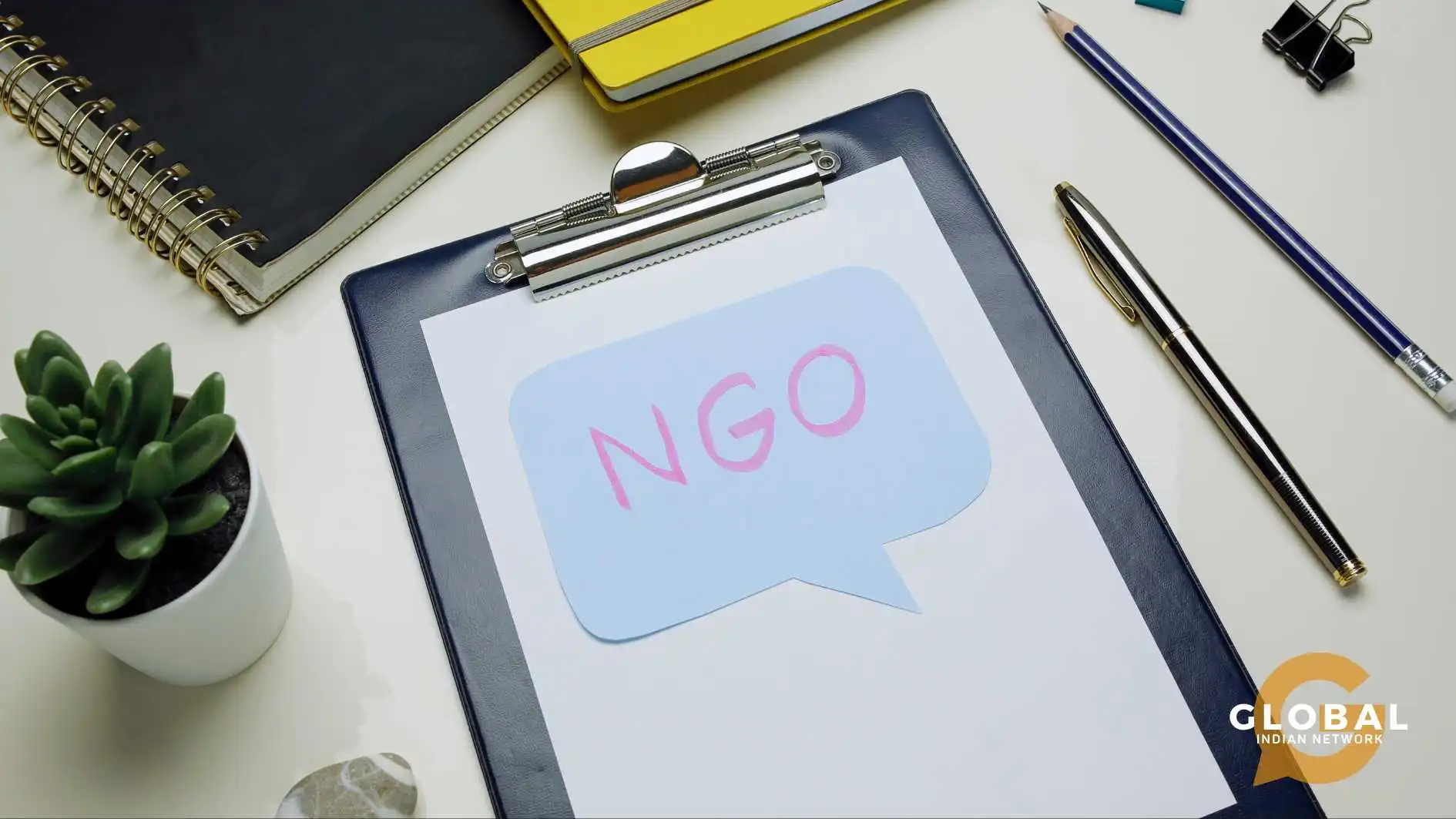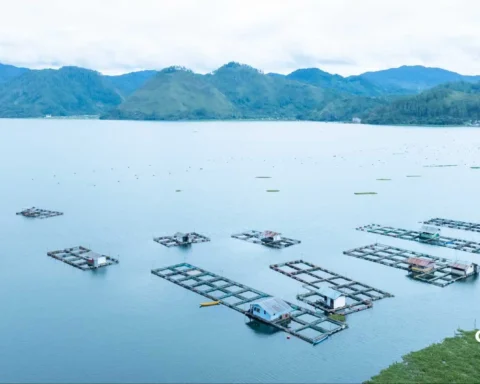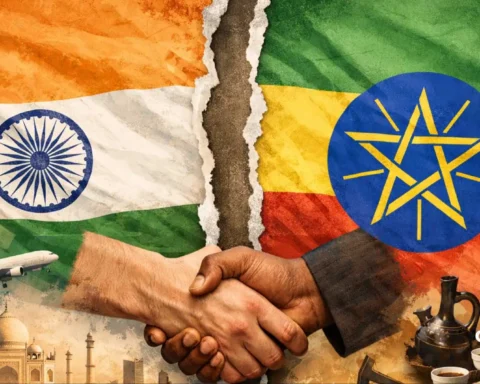Establishing a non-governmental organization in Cambodia involves navigating a complex legal landscape shaped by national reforms and international human rights treaties. The registration process requires collaboration with public authorities like the Ministry of Interior while adhering to the Law on Associations and Non-Profit Organizations. This guide on how to register an NGO in Cambodia provides a detailed roadmap for domestic associations and international organizations seeking legal entity status, covering regulatory requirements, tax compliance, and strategies to align operations with Cambodia’s development priorities.
Table of Contents
Legal Foundations for NGOs in Cambodia
Cambodia’s legal framework for non-governmental organizations is anchored in the 2015 Law on Associations and Non-Profit Organizations, supplemented by Royal Kram decrees. These laws distinguish between domestic associations serving local communities and international organizations operating through agreements with public authorities. Legal entity status grants organizations the right to open bank accounts, hire staff, and implement social services such as healthcare programs or educational initiatives.
Recent national reforms emphasize transparency, requiring NGOs to submit financial statements and declarations of assets and debts. Foreign organizations must demonstrate compliance with human rights treaties, including the ILO Declaration on Fundamental Principles, while avoiding illegal activities. Legal counsel from firms like BNG Legal can help navigate requirements related to internal rules, governance structures, and separation of business activities from core non-profit operations.

Step-by-Step Process to Register an NGO in Cambodia
The entire registration process typically spans 45–90 days and involves three phases. First, organizations must prepare foundational documents, including governance policies, a five-year activity plan, and proof of funding sources. International organizations must also provide proof of legal status in their home country and letters of support from Cambodian development partners.
Applications are submitted to the Office of Associations in Phnom Penh, where competent authorities review materials for compliance with regulatory requirements. This includes verifying anti-discrimination clauses and alignment with Cambodia’s rule of law. Upon approval, organizations register with the General Department of Taxation and coordinate with the Ministry of Foreign Affairs for operational permits if applicable.
Compliance with Regulatory Requirements
Registered NGOs must adhere to strict reporting standards, including annual submission of audited financial statements and activity reports to the Ministry of Interior. Asset declarations and debt declarations are required every 24 months to maintain transparency. Organizations engaging in business activities must keep these operations separate from non-profit work, reinvesting profits into social services like healthcare or education.
Key compliance areas include updating internal rules to reflect national reforms, avoiding racial discrimination in operations, and respecting Cambodia’s legal rights framework. Development partners should note that failure to meet basic rules may result in loss of legal entity status.
Roles of Development Partners and Foreign Organizations
International organizations and foreign governments play a critical role in Cambodia’s development aid landscape. These entities must align their activities with national priorities, such as the Cambodian canal project or public service initiatives, while adhering to local legal requirements. Partnerships with grassroots organizations and community-based groups require formal agreements approved by public authorities.
Foreign organizations must designate a country office in Phnom Penh and appoint local legal counsel to manage interactions with government agencies. This ensures compliance with evolving regulatory requirements and facilitates collaboration with Cambodian communities.

Maintaining Legal Entity Status
To retain legal person status, NGOs must renew their registration every three years by submitting updated documentation to the competent authorities. This includes revised financial statements, activity reports, and declarations of assets. Organizations must demonstrate adherence to human rights treaties and Cambodia’s elimination of discrimination principles in all operations.
Non-compliance with tax obligations or involvement in illegal activities can lead to the revocation of legal entity status. Regular audits and engagement with legal services providers help mitigate risks.
Conclusion
To register an NGO in Cambodia, it requires meticulous attention to legal details but offers significant opportunities for social impact. By understanding regulatory requirements, collaborating with public authorities, and maintaining transparent operations, organizations can contribute to healthcare services, education, and other development priorities. The process demands ongoing compliance with national reforms, including asset declarations and the separation of business activities. With proper planning and legal guidance, NGOs can effectively navigate Cambodia’s legal landscape, ensuring long-term sustainability while advancing fundamental rights and social equity.
Discover the essence of Cambodia, from its rich culinary heritage and vibrant culture to awe-inspiring historical landmarks and emerging business landscapes. Explore our Cambodia destination page and uncover the stories, flavors, and opportunities that await.
FAQs
What is the role of the Ministry of Interior in NGO registration?
The Ministry of Interior oversees the entire registration process, reviewing applications for compliance with the Law on Associations and regulatory requirements.
Can foreign organizations operate without a local partner?
International organizations must establish a country office in Phnom Penh and may need to collaborate with domestic associations for specific projects.
How often must NGOs submit financial statements?
Organizations must file annual financial statements and renew their registration every three years.









